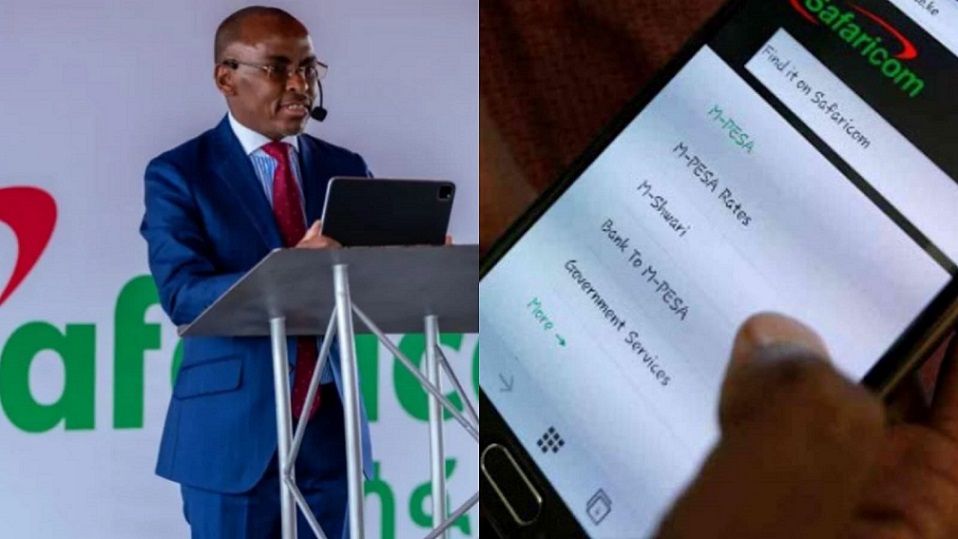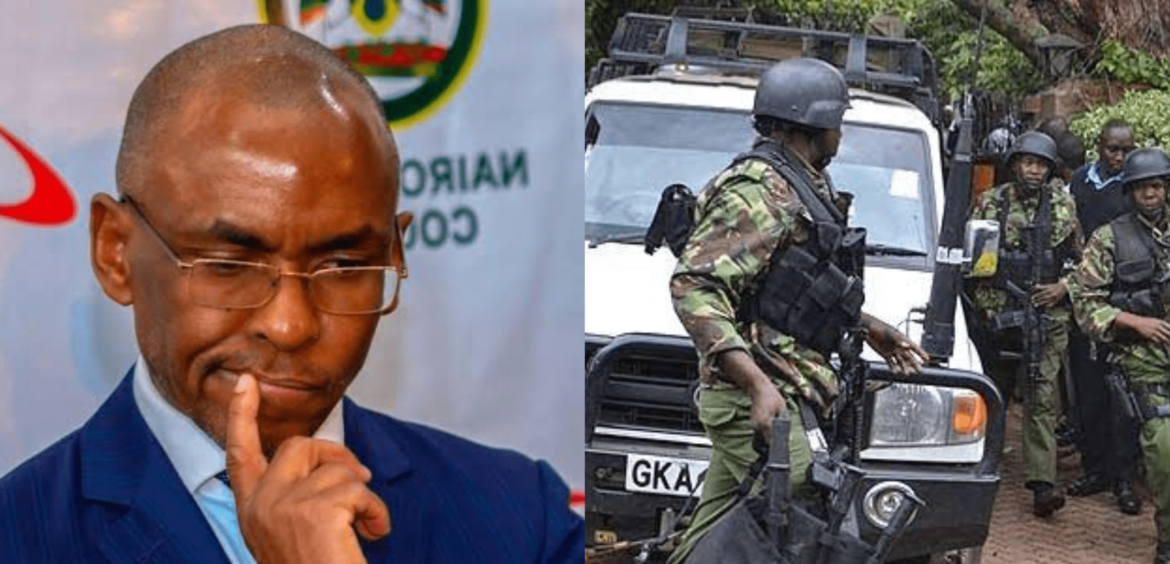It is now an open secret that in Kenya, Justice (in regards to the cases of extra-judicial killings, abductions etc) is often derailed by powerful state actors with Safaricom PLC playing a crucial role in enabling these injustices.
The country’s largest telecom provider, with its extensive access to customers’ personal data, has been repeatedly linked to cases of surveillance, abduction, and enforced disappearances.

Safaricom PLC graphic. Source: Facebook
According to an exclusive report by the Nation Africa, new investigations reveal that security officers implicated in extrajudicial killings and kidnappings benefit from Safaricom’s cooperation, which often shields them from scrutiny and accountability.
Recent findings by the Daily Nation expose how Safaricom supplies Call Detail Records (CDRs) and location data to security agencies, even in cases where legal procedures are bypassed.
This access allows rogue officers to track, abduct, and eliminate targets, many of whom are political dissidents or individuals perceived to oppose government interests.

Safaricom PLC CEO Peter Ndegwa delivers a keynote speech. Photo: The Star Source: Facebook
Alarmingly, Safaricom’s data is often used selectively to frustrate investigations into the actions of these officers, obstructing justice and enabling further abuses.
The Daily Nation’s investigation uncovered a worrying pattern, particularly in the case of two South Sudanese politicians Samuel Dong and Aggrey Idri who were abducted in Nairobi.
Their families and investigators sought Safaricom’s CDRs to trace their whereabouts, but crucial sections were either missing or tampered with.
Forensic experts found altered timestamps and location data, casting doubt on the integrity of the records provided. Many believe the manipulation was intended to cover up the involvement of Kenyan security agents, who allegedly handed the victims over to South Sudan, where they were later killed.
These findings underscore how Safaricom’s cooperation with security agencies is not always neutral—it serves to protect officers implicated in grave crimes while frustrating attempts to hold them accountable.
Rights advocates are now calling for stricter oversight on how telecom data is accessed and used, warning that Kenya’s unchecked surveillance system is undermining justice and enabling human rights violations.



